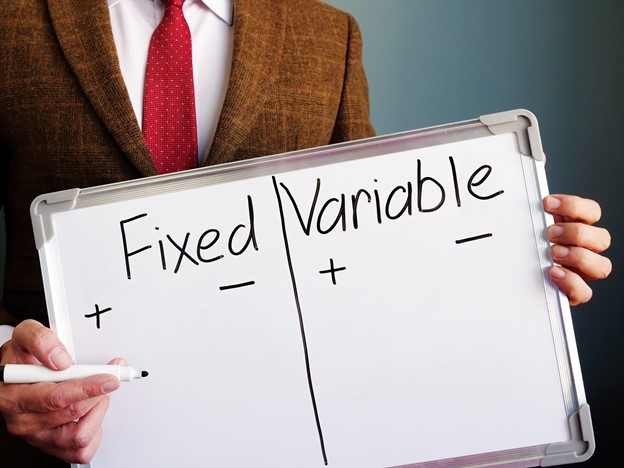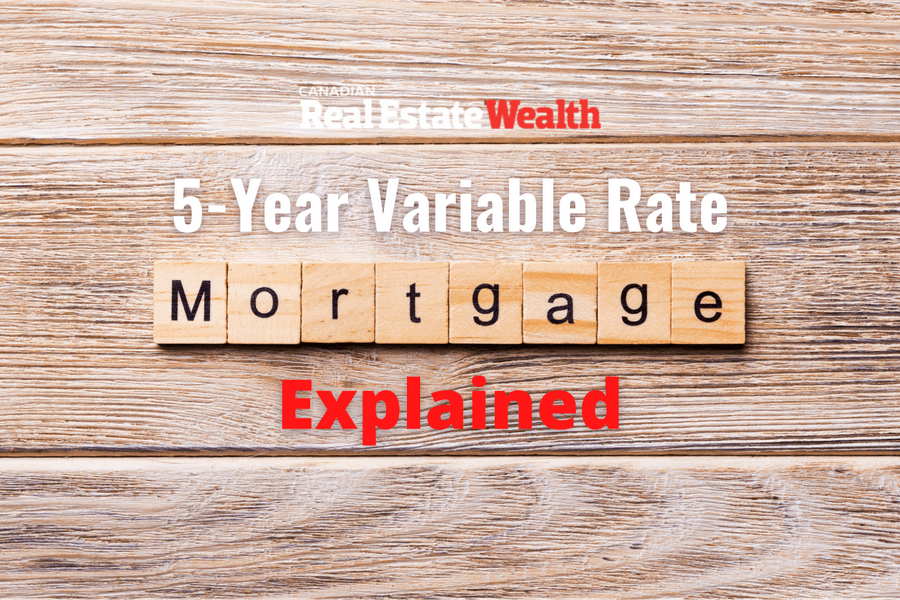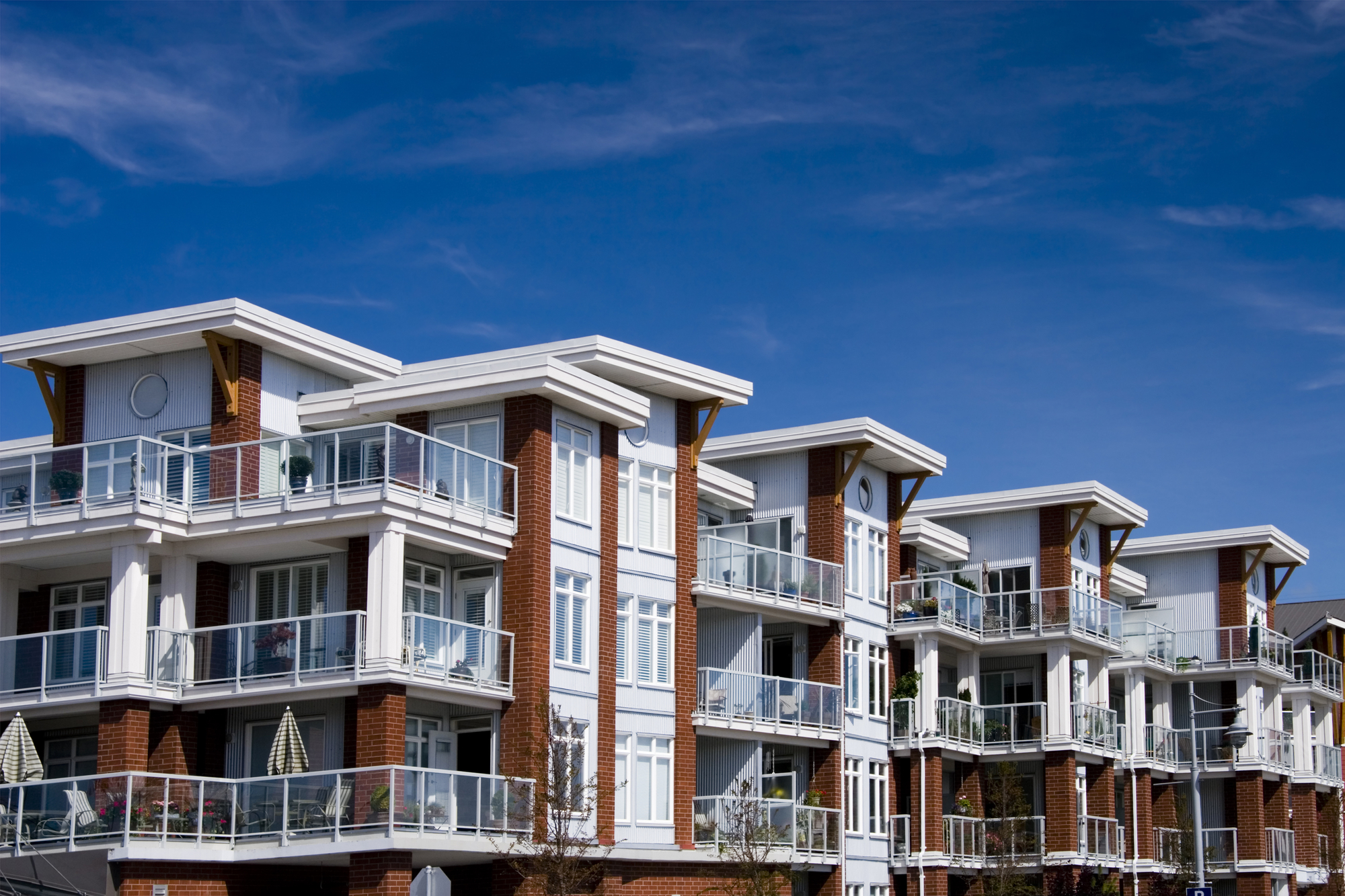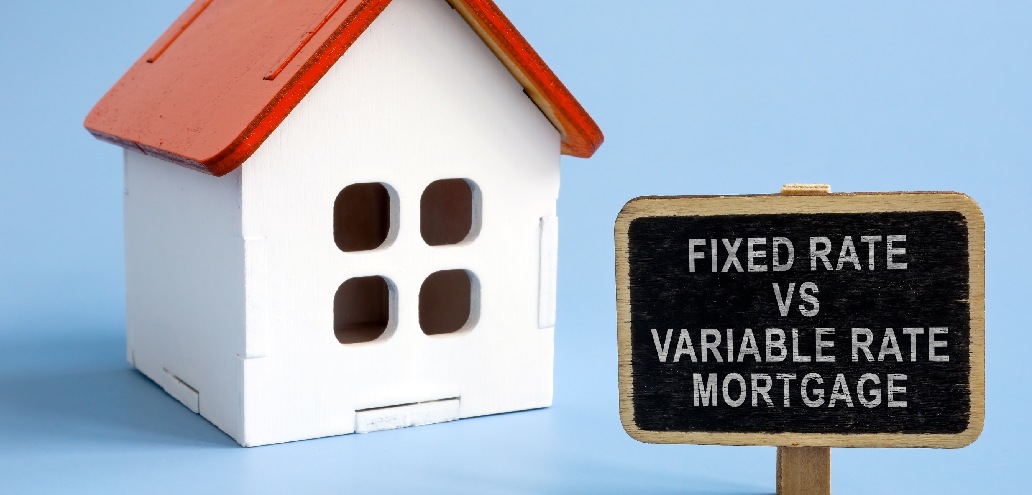Last Updated on October 24, 2023 by Neil Sharma
Investors must be chomping at the bit to scoop up downtown resale condos in what’s become a buyer’s market with historically low interest rates, but what kind of mortgage makes most sense in the age of COVID-19?
“I’d go variable and take a wait-and-see approach because there’s so much economic uncertainty,” said Daniel Johanis, a mortgage broker with Rock Capital Investments. “Try to get a product that’s convertible so you can lock it in down the road if you want to. Variable gives borrowers way more flexibility because we don’t know what could happen down the road—what if we go into a third lockdown or maybe the economy doesn’t recover as quickly as it’s been predicted to?”
Investors with multiple properties usually have longer horizons, and Johanis says they shouldn’t be overly concerned about incurring a penalty on their mortgages.
“What I typically do is, for example, if a client is at maturity on a rental property, we it and put them into a product where they have access to every advanceable portion, like a home equity line of credit, reregister the mortgage but then lock it in and stay with a fixed rate if the plan is to hold onto the property for a long time.”
On the other hand, added Johanis, neophyte investors often opt for peace of mind.
“Ultimately, it’s up to them, but the majority of newer investors aren’t comfortable staying in variable rate mortgages, although they may in the property that they live in because they have more control over it, but typically with investments they go fixed.”
Davelle Morrison, a broker with , generally agrees with Johanis and, noting that the Bank of Canada expects interest rates to remain low for the next couple of years, recommends investors choose variable rate mortgages.
“There isn’t much risk, in terms of a rate increase,” she said, “but if you’re the kind of person who needs reassurance and you’re not comfortable doing a variable, go ahead and get the fixed mortgage.”
Morrison nevertheless recommends making fixed rate payments on a variable rate mortgage because they go towards paying down the principal amount.
“Let’s say your mortgage payment is $2,000 a month on a variable and the mortgage payment is supposed to be $2,100 on a fixed, I would take the variable with the lower rate but still spend $2,100 a month,” she said. “That way you know that you’ve actually got that $100 a month going towards your principal. If you take the fixed at $2,100, it’s just the bank getting rich off your money, really.”
Neil Sharma is the Editor-In-Chief of Canadian Real Estate Wealth and Real Estate Professional. As a journalist, he has covered Canada’s housing market for the Toronto Star, Toronto Sun, National Post, and other publications, specializing in everything from market trends to mortgage and investment advice. He can be reached at neil@crewmedia.ca.









